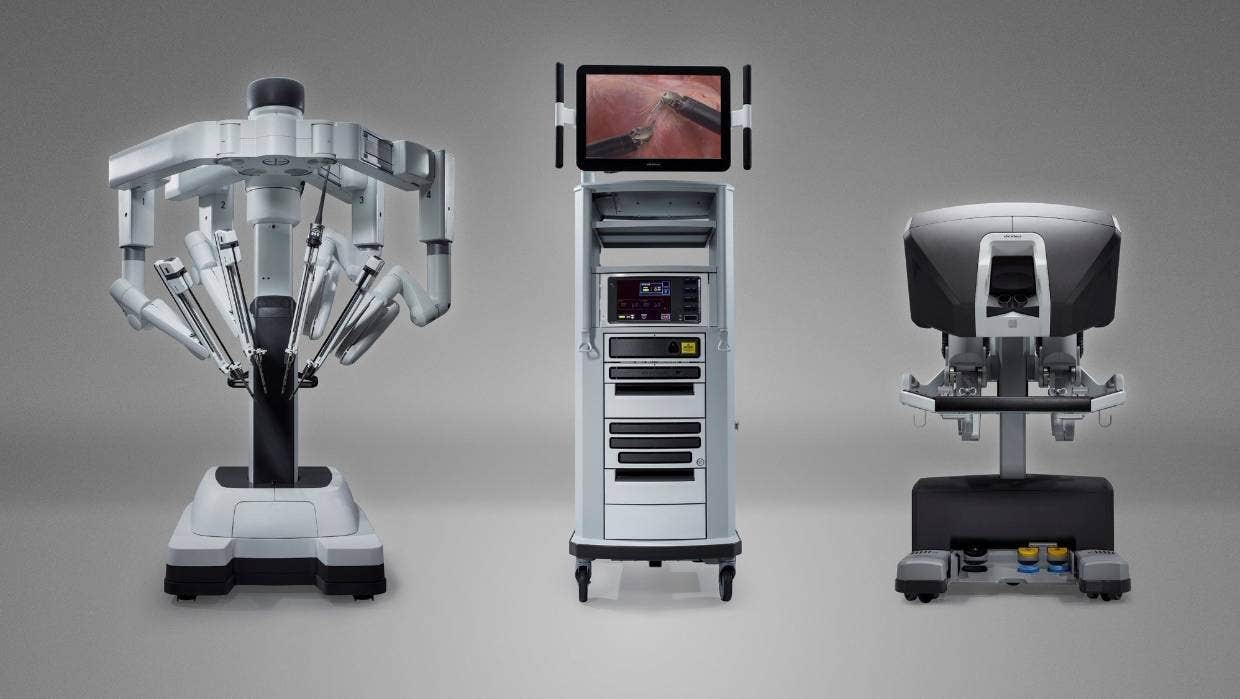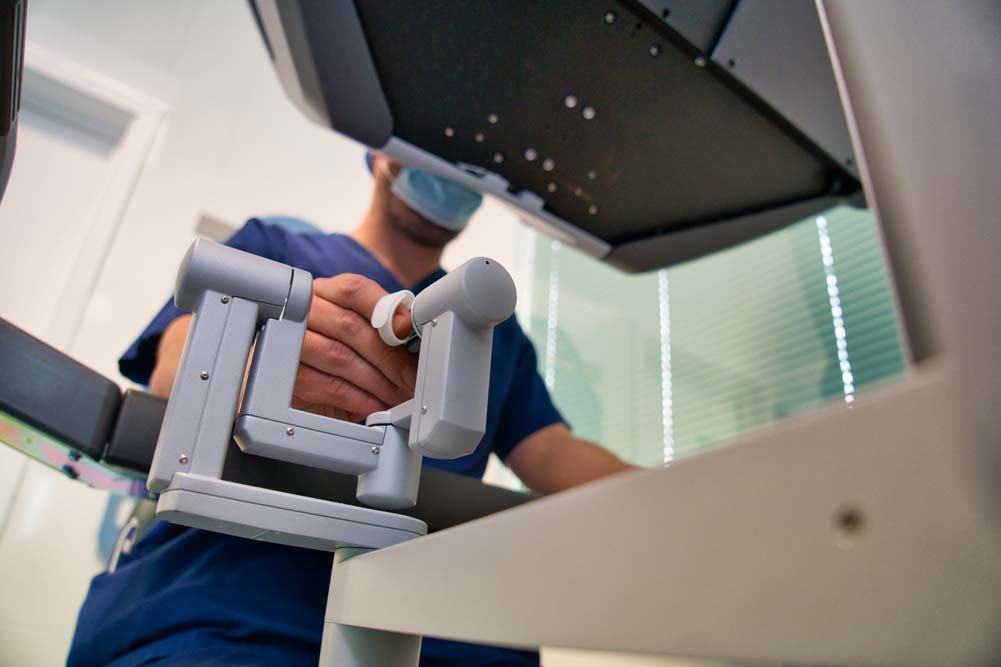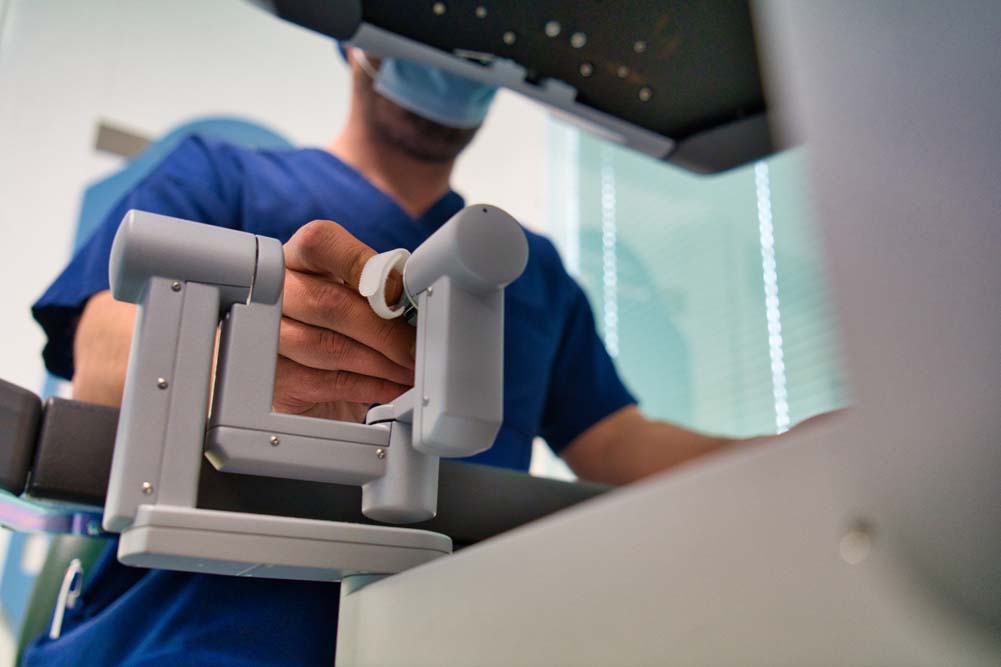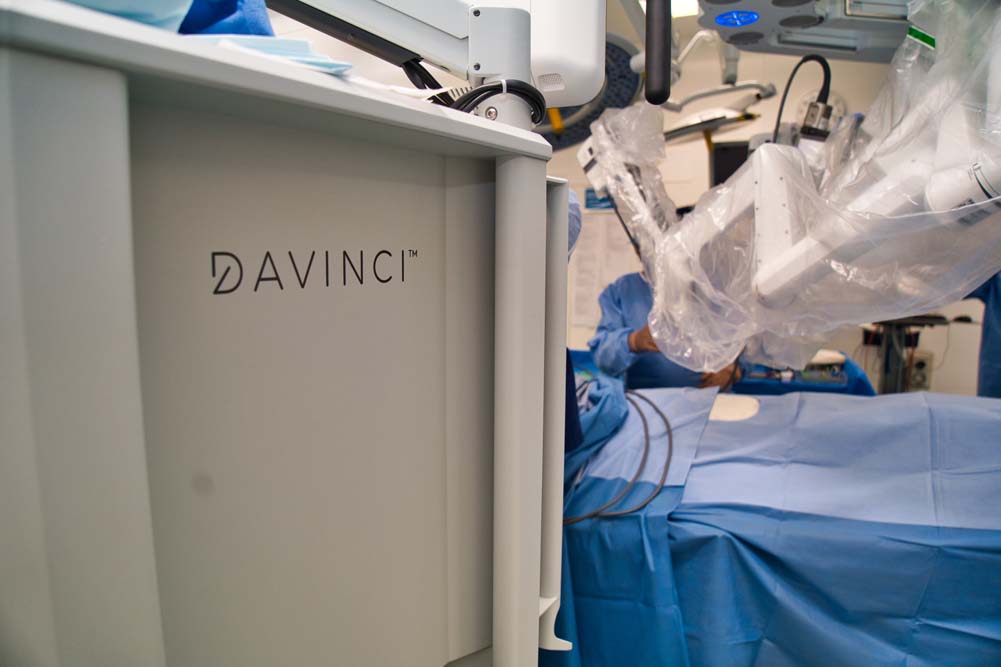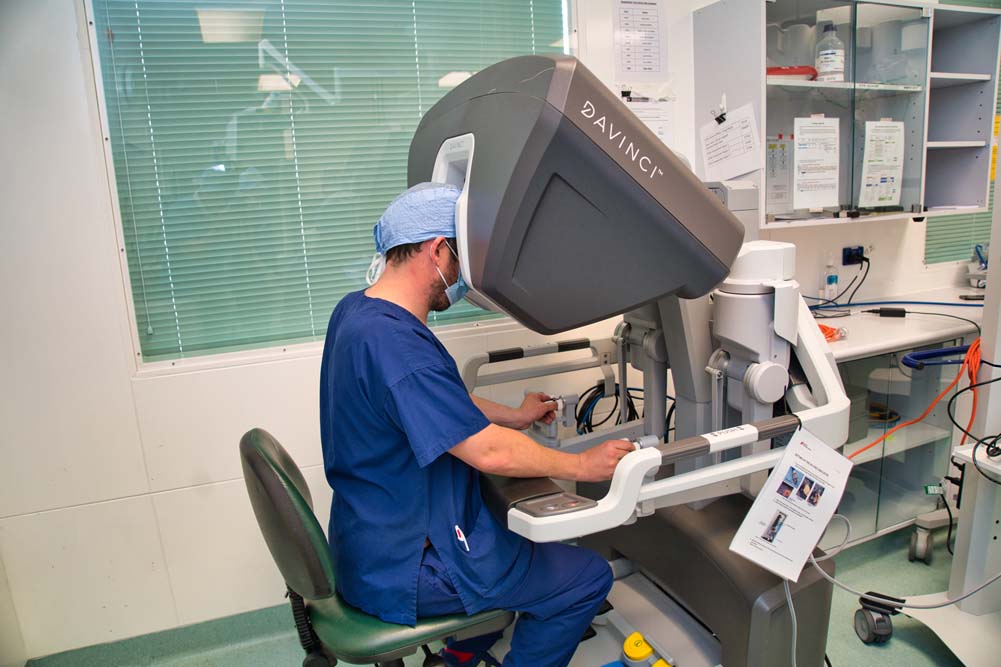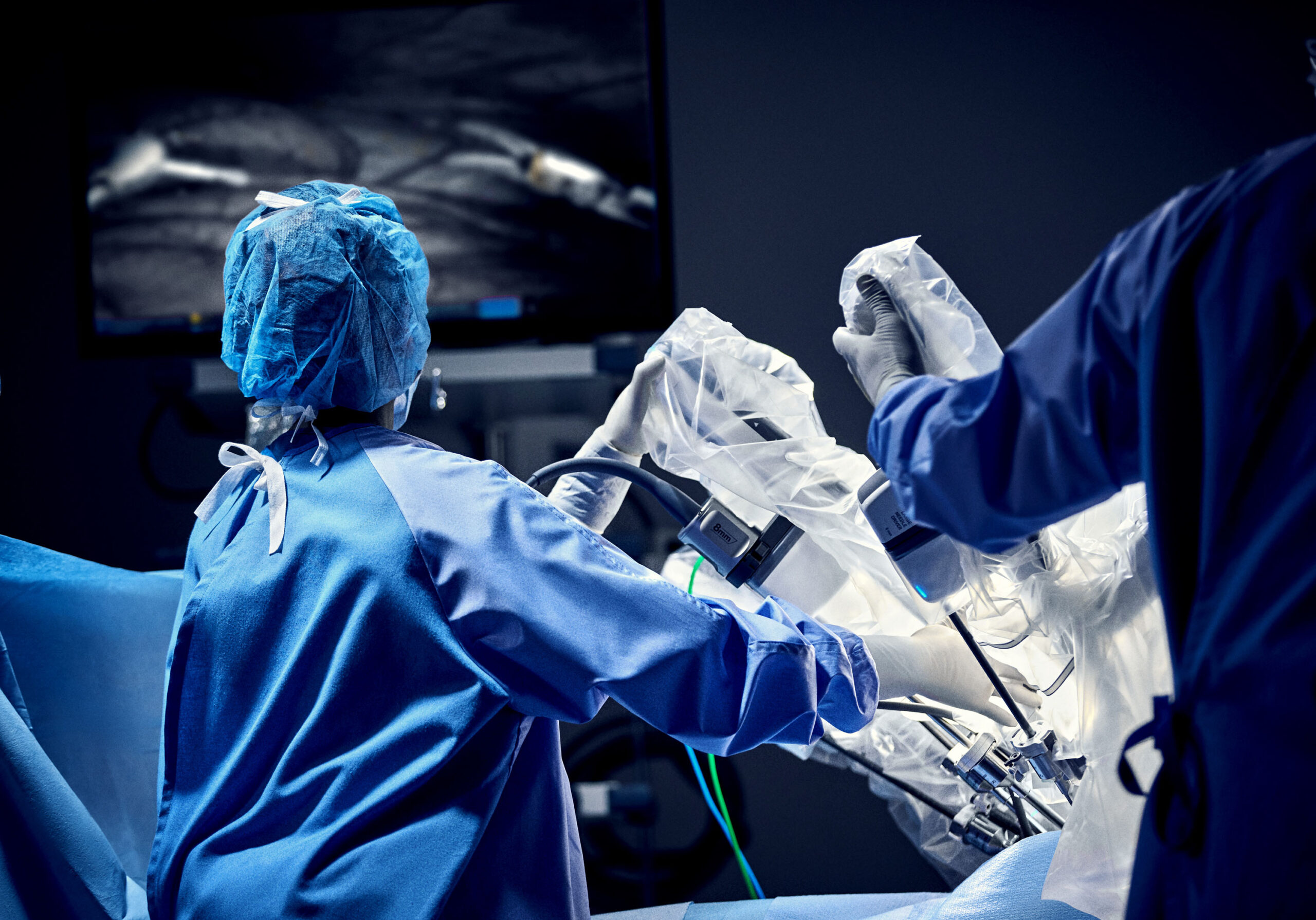There is no single test to detect prostate cancer. The two most common tests are the prostate specific antigen (PSA) blood test and the digital rectal examination (DRE).
The PSA test measures the level of PSA in your blood. It does not specifically test for cancer. Virtually all PSA is produced by the prostate gland. The normal range depends on your age. A raised PSA can show that your risk of having prostate cancer is higher than it would be for a person with a normal PSA. However, two-thirds of cases of elevated PSA are due to noncancerous conditions such as prostatitis and BPH.
A DRE is generally conducted by your GP or a urologist to feel the prostate. While DRE is no longer recommended as a routine test for men who do not have symptoms of prostate cancer, it may be used to check for any changes in the prostate before doing a biopsy.
If either of these tests suggest an abnormality, other tests are necessary to confirm a diagnosis of prostate cancer, usually a magnetic resonance imaging (MRI) scan and transrectal ultrasound (TRUS) biopsy. A biopsy is the most comment way to confirm a diagnosis of prostate cancer.
If you have recently received a prostate cancer diagnosis, you and your specialist can decide on the course of action that makes sense to you based on your individual factors.
One of the courses of actions that may be discussed is surgery. Your surgeon may use the da Vinci surgical system technology to remove your prostate gland via minimal surgical techniques.
